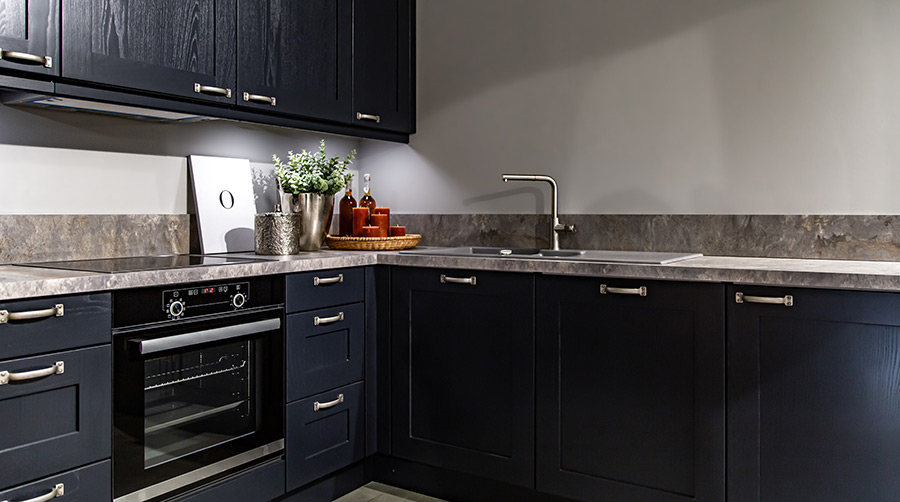
Looking at homes which are adjacent to vacant or nearby undeveloped land always comes with a question mark. When viewing these homes use caution and take emotion out of the equation. Rather than becoming enamored with the vast open space behind the house, buyers should use a critical eye instead… envisioning the back of another house, an apartment complex, a shopping center, or busy road. Avoid potentially nasty surprises by investigating and verifying the ownership, zoning and approved use of that land before you buy.
Research County Records
In most areas, researching a property further may be as simple as reviewing county records online to see who owns the property, and what type of use the land is zoned for. Check on zoning regulations in the specific area you’re interested in to see what is permissible on that property.
If the land is not zoned solely as residential, it could be designated for either mixed-use or commercial development. Land in a mixed-use zone could be developed as a planned community, with a combination of residential housing, office, retail, medical, and recreational spaces.
Land that is zoned as commercial should be a major red flag. You could end up living next to a warehouse, service station or a shopping center. You should also dig a little farther and check with the town’s planning department to see if any development proposals are being discussed or are already on the books.
You could also encounter a vacant property that backs to a conservation easement. Unlike some easements, a conservation easement is favorable, because it may allow limited residential use or agricultural activities but prohibit commercial development.
Buying the Vacant Lot: Pros and Cons
If you want to keep the land next to you undeveloped or increase your property size and value, you might consider buying the vacant land. This circumstance is ideal when you have a large family with kids. You also know that nobody else will be building a home on that vacant lot, giving you greater peace of mind and privacy.
Keep in mind that you will have to pay higher property taxes when you are purchasing both your house and the vacant lot next door. Also, if the owner of the vacant lot is aware that you are buying the other property, they may try to increase the sales price knowing that you are a motivated buyer. So be careful and check the real estate market to see if there is any sudden mark up to the asking price. You may be able to get the property at a reduced price from a property owner who doesn’t want to deal with the continued maintenance and upkeep of it.
If you don’t see any sign on the property that shows it is for sale, this situation doesn’t mean that you can’t still make an offer for the property. You will have to do some research gathering at the property assessor’s office to find out who is the owner of the lot and whether they would be interested in selling it.
Some property owners don’t consider purchasing the adjacent property because they think that they have to take out a second mortgage. Yet some lenders will allow you to add the lot to your existing mortgage when deeding it onto your property. Check with your trusted mortgage professional to see if this is an option.









